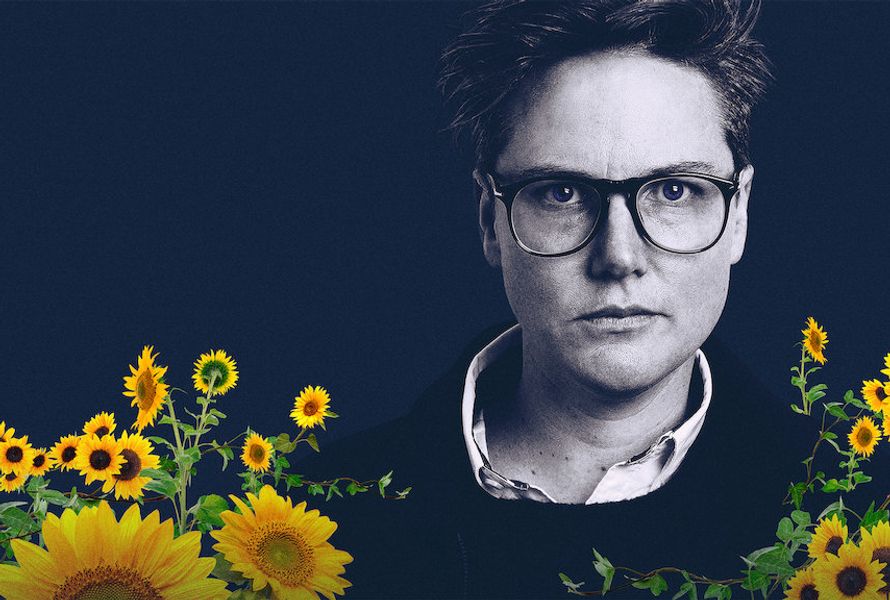Across decades, the landscape of comedy has undergone a massive change in the misogynistic rhetoric that women are not funny. From calling out comedians like Daniel Tosh for spewing out rape jokes to calling out comedians like Louis C.K. and Bill Cosby for their predatory nature, the walls of this well-guarded patriarchal sphere are being torn down by women and other queer comics who resonate with the phrase “Enough is enough”.
In the wake of the MeToo movement, Australian comic Hannah Gadsby introduced her 2017 stand up comedy special Nanette that debuted on Netflix in 2018. While Gadsby has come up with various other specials like Douglas and more, this Emmy-winning special remains one of her most trailblazing and polarising pieces that disrupted and redefined comedy since its inception.
In her special, Gadsby takes her own sweet time to deconstruct the meaning of comedy. Comedians often talk about how self-deprecating comedy is the crux of their existence. Gadsby refuses to comply and, in a moving bit, talks about how she cannot deprecate herself anymore as she is already “in the margins”. Having identified as a butch lesbian, Gadsby talks about her complex coming-out story in the heart of Tasmania. She refers to various personal anecdotes surrounding her life and how self-deprecation was born out of the conservatism instilled in her home. Then, in a shocking moment, Gadsby says that she identifies as “tired” and would give up comedy.
Gadsby’s frustration is a result of her constant battle with identity. She knows that comedy can never grapple with the complexities of one’s identity. She hates how one’s non-conforming identity and fluidity becomes the brunt of the joke and how queer comics are forced to laugh at themselves to make light of the situation. Her comedy is uncomfortable, confrontational and wry. She delivers her jokes matter-of-factly and does not shy away from talking about how nosy fans have often tried to impose a trans identity on her. Her comedy is gut-wrenchingly beautiful and angry at the same time. She seamlessly weaves in her rage against those trying to dissect her identity within various personal experiences that draw standing ovations from the audience.
After Gadsby talks about gender ambivalence and the lack of understanding of the array of identities in general, she treads dangerous waters. While calling out various sexual assaulters over aeons of time, including Pablo Picasso, Cosby, Woody Allen, Harvey Weinstein, Donald Trump, Roman Polanski and others, she addresses the art and the artist debate where she vehemently argues that they can never be separated. In a scathing and thunderous tone, she says, “What about his humanity? These men control our stories, and yet they have a diminishing connection to their own humanity, and we don’t seem to mind.”
Audacious and bold, Gadsby asks the audience to cancel them all for, according to her, no amount of art can make up for the years of trauma the survivors endure. Gadsby’s special quickly and quietly turns from an anticipated hour-long entertainment special to one that forces the viewers to introspect and ponder. She is tired of being afraid and meek and voices out her anger and frustration, and rightfully so. She manages to do what her predecessors (Ellen DeGeneres, Wanda Sykes and more) have not been bold enough to do. She is frank about how it is like to live in a man’s world and is unapologetic and unabashed when she readily speaks out against the systemic silencing that goes on.
In her soliloquy about politics of gender, power, sexuality and representation, Hannah “gender-not-normal” Gadsby breaks the barriers of comedy that attempt to silence years of trauma. She voices out her pain and frustration and is effortlessly vulnerable on stage. While the audience laughs, they feel a certain kind of pain that only a comedian of Gadsby’s stature and intellect can make them feel.
